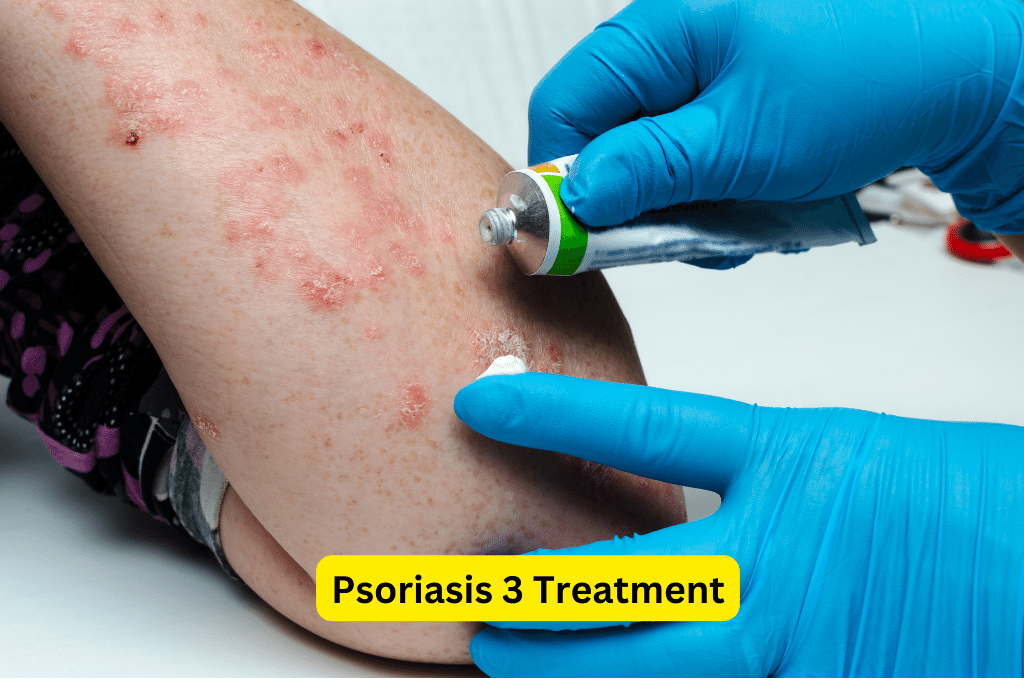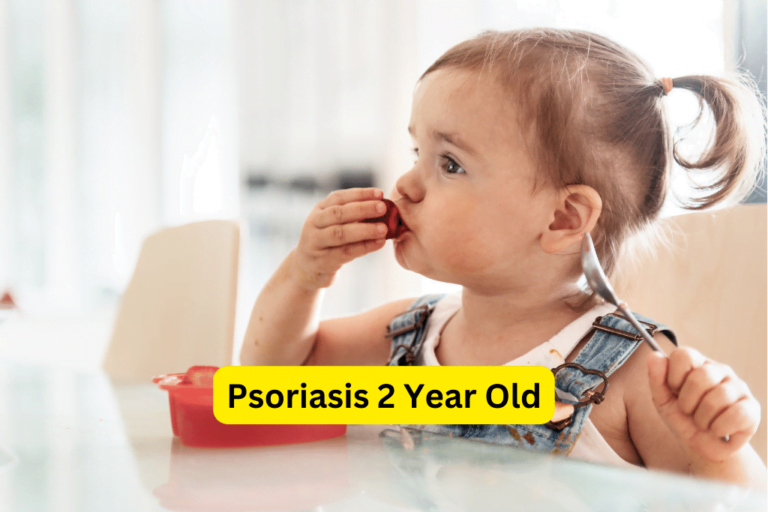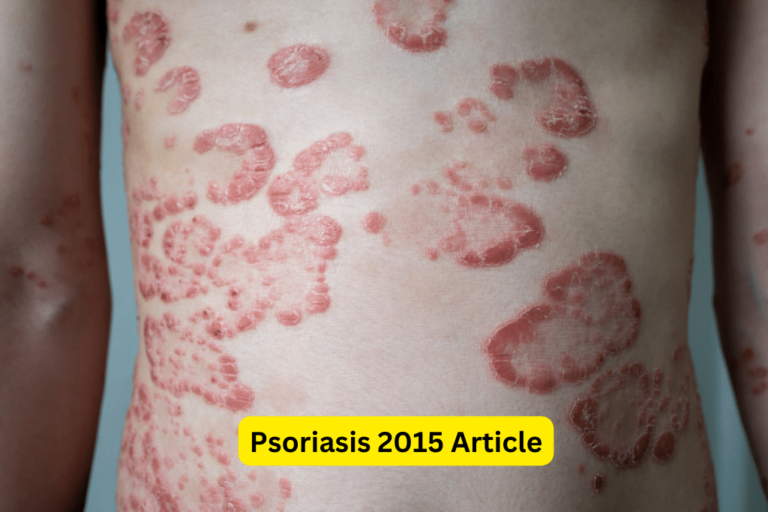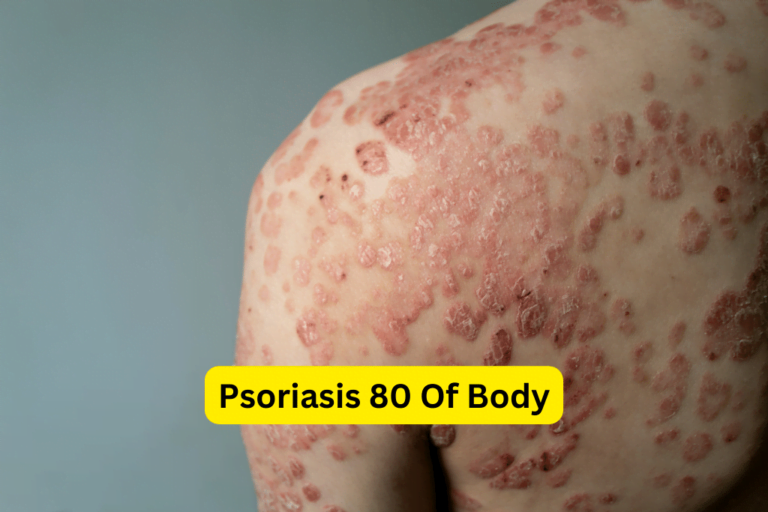Effective Psoriasis Treatment: Manage Symptoms and Promote Healing
Psoriasis 3 Treatment
Psoriasis is a chronic skin condition that affects millions of people worldwide. It is characterized by red, inflamed patches of skin covered with thick, silvery scales. These patches can appear on various parts of the body, including the scalp, elbows, knees, and lower back.
Psoriasis can cause significant physical discomfort and emotional distress. It is not contagious, but its symptoms can be debilitating for those who suffer from it. In this article, we will explore effective strategies for managing psoriasis symptoms and promoting healing.
Understanding Psoriasis Types
Psoriasis is a complex condition that manifests in different forms. The most common type is plaque psoriasis, characterized by thick, red patches with silvery scales. Guttate psoriasis appears as small, teardrop-shaped spots, often triggered by a strep throat infection. Inverse psoriasis affects skinfolds, such as the armpits and groin. Pustular psoriasis presents as pus-filled blisters, typically on the hands and feet.
Each type of psoriasis has its own characteristics and symptoms, but they all share the common underlying mechanism of an overactive immune system. Identifying the specific type of psoriasis is crucial for determining the most appropriate treatment strategies.
Treatment Options for Psoriasis
Conventional Treatments for Psoriasis
Conventional treatments for psoriasis include topical medications, phototherapy, oral medications, and biologic therapies.
Topical medications: These include corticosteroids, vitamin D analogues, and retinoids. They are applied directly to the affected areas and can help reduce inflammation and promote skin healing.
Phototherapy: Phototherapy involves exposing the skin to ultraviolet light, either UVB therapy or PUVA therapy. This treatment can slow down the excess growth of skin cells and reduce inflammation.
Oral medications: Methotrexate and cyclosporine are commonly prescribed oral medications for severe psoriasis cases. They work by suppressing the immune system to reduce inflammation.
Biologic therapies: Biologic therapies, such as TNF inhibitors and interleukin inhibitors, target specific molecules involved in the immune system response. These medications are usually administered via injection or infusion.
Combination therapies: Sometimes, a combination of different treatments is necessary to effectively manage psoriasis symptoms. Your dermatologist will determine the best approach based on your specific condition.
Natural Remedies for Psoriasis
While conventional treatments can be highly effective, some individuals prefer to explore natural remedies for psoriasis. While these remedies may not work for everyone, some have shown promising results in managing symptoms.
Aloe vera: Aloe vera gel is known for its soothing and moisturizing properties. Applying aloe vera to psoriasis patches can help reduce redness and itching.
Apple cider vinegar: Apple cider vinegar has antimicrobial and anti-inflammatory properties. Diluting apple cider vinegar with water and applying it to the affected areas can provide relief.
Dead Sea salt baths: Soaking in a bath with Dead Sea salt can help remove scales and reduce inflammation. The minerals in the salt can also improve skin texture.
Fish oil supplements: Fish oil supplements contain omega-3 fatty acids, which have anti-inflammatory properties. Taking fish oil supplements may help reduce the severity of psoriasis symptoms.
Tea tree oil: Tea tree oil has antimicrobial and anti-inflammatory properties. Diluting tea tree oil with a carrier oil and applying it to the affected areas can soothe itching and inflammation.
Oatmeal baths: Colloidal oatmeal baths can help soothe itchy, inflamed skin. The oatmeal forms a protective barrier on the skin, reducing irritation.
Turmeric: Turmeric contains curcumin, a compound with anti-inflammatory properties. Adding turmeric to your diet or applying it topically as a paste can help reduce psoriasis symptoms.
Natural moisturizers and emollients: Keeping the skin well-moisturized is essential to managing psoriasis symptoms. Natural moisturizers, such as shea butter or coconut oil, can help soothe dry, itchy skin.
Psoriasis Lifestyle Management
Diet and Nutrition
While diet alone cannot cure psoriasis, adopting a healthy eating plan can complement other treatment strategies and promote overall well-being.
Anti-inflammatory foods: Consuming foods rich in omega-3 fatty acids, such as fatty fish, flaxseeds, and chia seeds, can help reduce inflammation in the body. Fruits and vegetables, especially those with bright colors, provide essential vitamins and antioxidants that promote skin health. Ginger and garlic also possess anti-inflammatory properties and can be beneficial.
Triggers to avoid: Some psoriasis patients find that certain foods can trigger flare-ups. Common triggers include alcohol, gluten, and processed foods. Keeping a food diary and identifying your specific triggers can help you make informed dietary choices.
Importance of hydration: Staying well-hydrated is essential for maintaining healthy skin. Drinking an adequate amount of water throughout the day can help flush out toxins and keep the skin moisturized.
Stress Management and Relaxation Techniques
Stress is a common trigger for psoriasis flare-ups. Implementing stress management techniques can help reduce the frequency and severity of symptoms.
Meditation: Practicing meditation regularly can help calm the mind and reduce stress. Mindfulness meditation, in particular, has shown positive results in managing psoriasis symptoms.
Yoga: Yoga combines physical postures, breathing exercises, and meditation. Regular yoga practice can help reduce stress and improve overall well-being.
Deep breathing exercises: Deep breathing exercises, such as diaphragmatic breathing or alternate nostril breathing, can trigger the relaxation response and lower stress levels.
Alternative therapies: Some individuals find relief from psoriasis symptoms through alternative therapies, such as acupuncture or aromatherapy. These therapies can help promote relaxation and support overall well-being.
Skincare and Hygiene Practices
Proper skincare and hygiene practices play a crucial role in managing psoriasis symptoms and promoting skin health.
Gentle cleansing techniques: Avoid harsh soaps or scrubbing the skin vigorously. Opt for gentle, fragrance-free cleansers that do not strip the skin of its natural oils.
Moisturizing strategies: Applying moisturizers immediately after bathing helps lock in moisture and soothe dry, itchy skin. Look for moisturizers with ingredients like ceramides or hyaluronic acid.
Importance of sun protection: While controlled sun exposure can be beneficial for psoriasis, it is essential to protect your skin from excessive sunlight. Use sunscreen with a high SPF and wear protective clothing when spending time outdoors.
Practical Tips for Living with Psoriasis
Living with psoriasis can be challenging, but there are practical tips that can help improve your quality of life.
Clothing choices: Opt for loose-fitting, breathable clothing made of natural fibers like cotton. This can minimize friction and irritation on the skin.
Coping strategies: Dealing with the emotional impact of psoriasis is just as important as managing the physical symptoms. Develop coping strategies, such as deep breathing exercises or positive self-talk, to boost self-esteem and confidence.
Support groups and online communities: Connecting with others who have psoriasis can provide valuable support and understanding. Joining support groups or participating in online communities allows you to share experiences and gain practical tips from fellow patients.
Professional Support and Medical Consultation
While you can take proactive steps to manage your psoriasis symptoms, it is crucial to consult with healthcare professionals for comprehensive care.
Importance of regular check-ups and follow-ups: Regular check-ups with your dermatologist can help monitor your condition and adjust treatment strategies as needed. Follow-up appointments allow your healthcare provider to evaluate your progress and make any necessary changes to your treatment plan.
Working with dermatologists and healthcare professionals: Your dermatologist and other healthcare professionals are knowledgeable and experienced in dealing with psoriasis. They can provide tailored advice, recommend specific treatment options, and support you throughout your psoriasis journey.
Additional treatment options and ongoing care: In addition to conventional treatments, your dermatologist may suggest other treatment options like injectable medications or newer therapies that have emerged in recent years. Staying informed about the advancements in psoriasis treatment can help you explore all available options.
Conclusion
Managing psoriasis effectively involves a comprehensive approach that includes conventional treatments, natural remedies, lifestyle modifications, and emotional support. By adopting a proactive and holistic approach, individuals with psoriasis can minimize symptoms, improve quality of life, and live well with their condition.
Remember that psoriasis affects each person differently, and what works for one individual may not work for another. It’s essential to consult with healthcare professionals and develop a personalized treatment plan that fits your specific needs and goals.
"Have You Seen Mike Walden's new holistic acne System yet? It's called "Acne No More" I've read the whole thing (all 223 pages) and there's some great information in there about how to naturally and permanently eliminate your acne without drugs, creams or any kind of gimmicks. I highly recommend it - it's very honest and straightforward without all the hype and b.s. you see all over the net these days. Here's the website where you can get more information:
Click Here -->AcneNoMore









